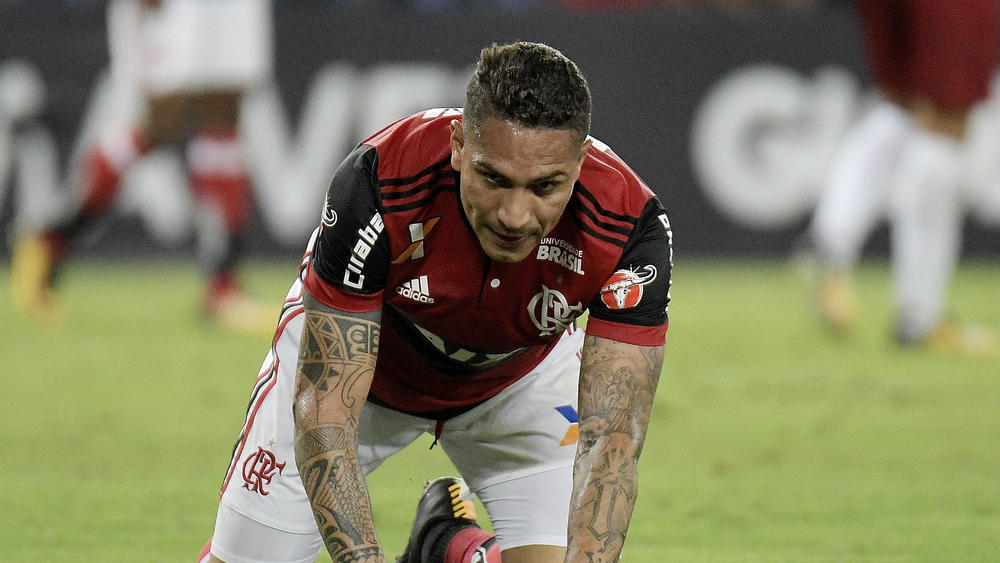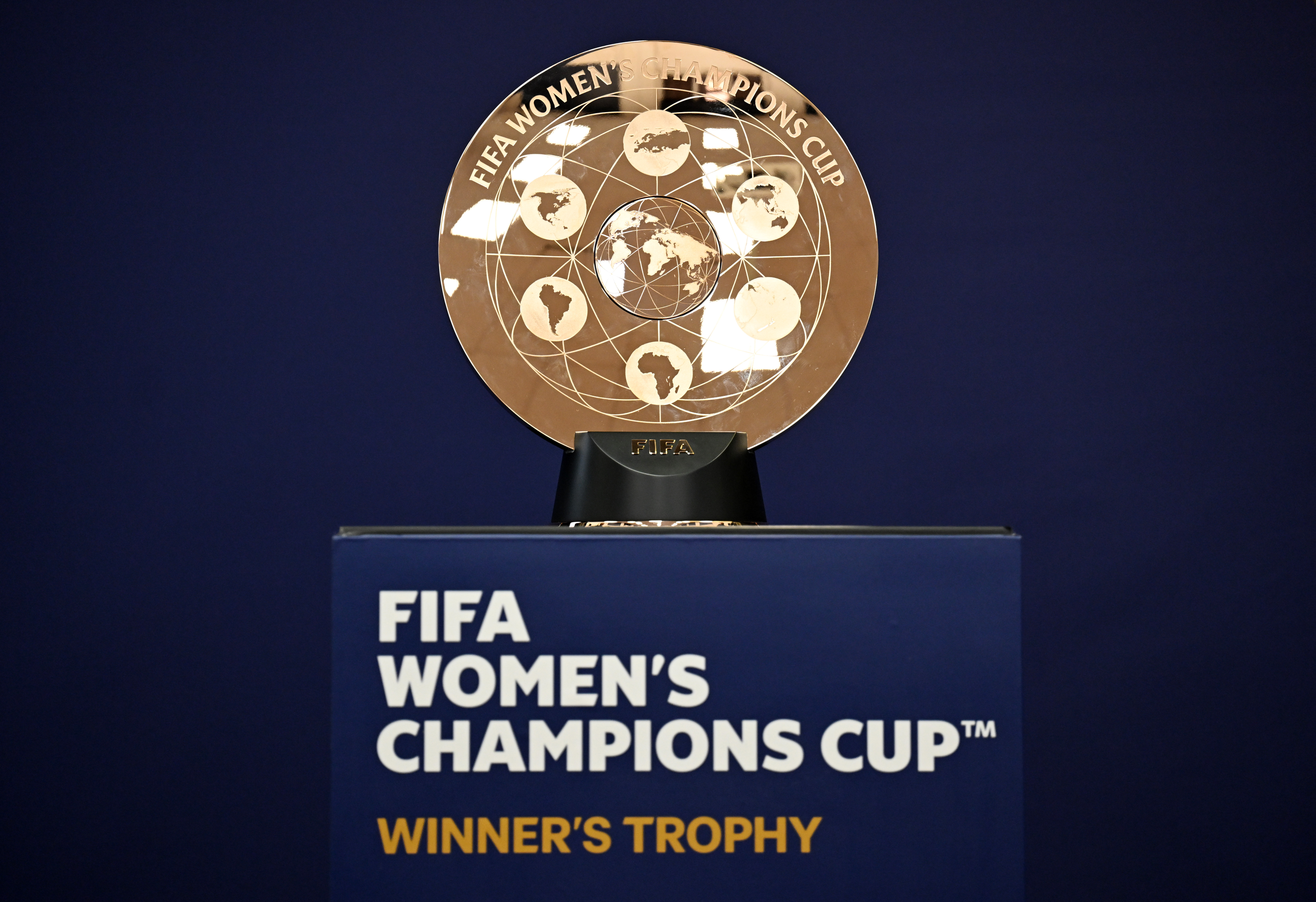FIFPro calls for football doping reforms after Guerrero banned for World Cup
Paolo Guerrero's 14-month doping ban, which will force Peru's captain to miss the World Cup, "defies common sense" according to FIFPro.

World footballers' union FIFPro has condemned the 14-month drugs ban that will rule Peru's captain and record goalscorer Paolo Guerrero out of the World Cup as "unfair and disproportionate".
The Court of Arbitration for Sport (CAS) upheld an appeal from the World Anti-Doping Agency (WADA) to extend Guerrero's suspension to 14 months.
Guerrero tested positive for cocaine metabolite benzoylecgonine following Peru's World Cup qualifier against Argentina last October.
The 34-year-old had an initial one-year ban reduced to six months by FIFA and he returned to action for Brazilian club Flamengo earlier this month before being named in his country's provisional squad for their first World Cup since 1982.
Despite acknowledging Guerrero had no intention of taking a banned substance – his lawyer argued the stimulant was consumed by drinking contaminated tea – CAS ruled in line with WADA's wishes.
"FIFPro is calling for an urgent meeting with FIFA after football player Paolo Guerrero was suspended for 14 months for accidentally ingesting a banned substance, preventing him from representing Peru at the World Cup," a statement from FIFPro read.
"FIFPro considers the ban unfair and disproportionate, and the latest example of a World Anti-Doping Code that too often leads to inappropriate sanctions, especially when it has been established that there was no intent to cheat.
The best features, fun and footballing quizzes, straight to your inbox every week.
"Both FIFA and the Court of Arbitration for Sport agreed Guerrero did not knowingly ingest the substance and that there was no performance-enhancing effect. It therefore defies common sense that he should be handed a punishment which is so damaging to his career."
FIFPro statement: Paolo Guerrero May 15, 2018
FIFPro believes the WADA Code is being imposed unfairly in football and wants FIFA to revamp anti-doping laws in the game.
The statement added: "In the light of this case and other recent decisions, FIFPro is calling for FIFA and other football stakeholders to immediately review how to change anti-doping rules in football so that they serve the best interests of the game and protect the fundamental rights of players."
 Join The Club
Join The Club





